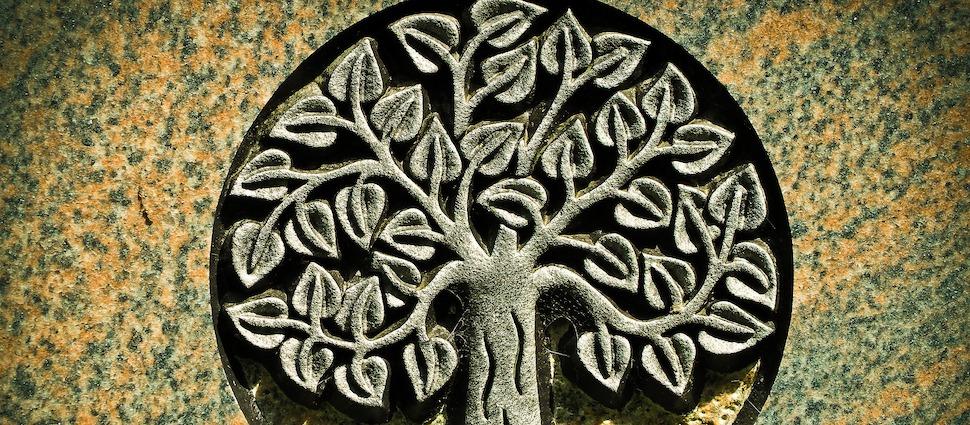Deconstructing Destruction in the Church

It is never easy to watch someone walk away from their profession of faith in Christ. It is never easy to go through the disciplinary process which may culminate in excommunication. It’s never easy and it is always painful. And when one and likely both of these things happen you can’t help but wonder, “Did we, the leadership of the church, do all that we could have done to prevent this outcome?” I realize that is a question that can take us in the wrong direction. The leadership can conjure guilt feelings where there are none. It can apologize for grievances that are fiction rather than fact. However, it is also true that leadership may err and may need to repent. But regardless, the question remains, did we do all that could have been done?
It’s that question which prompts this series we have called, Deconstructing Destruction in the Church. In other words, we want to take a closer look at some Biblical practices that might be considered preventative. For instance, what can the leadership of the church do in order to help people grow up in their profession of faith? Let’s face it, by the time a situation gets ugly and moves to the point of formal discipline there is a lot of pain and wreckage to go around. How do we avoid that in so far as is possible? Well, that’s what this series of articles will explore. But first, let’s put this series in context.
The Wind in the Willows is a favorite childhood book of mine. It’s about several things but friendship is not the least among them. Toad has no friends nor does he want them…really. When Rat and Mole showed up at his door, he said, “I was just going to send a boat down the river for you, Ratty, with the strict orders that you were to be fetched up here at once, whatever you were doing. I want you badly…both of you.” Of course, Toad only wanted them because they came to his door. And Toad needs friends to keep him from trouble, which he is always and forever in. Knowing this, Rat, Mole and best of all, the old Badger make plans to confront his destructive tendencies after winter breaks. And confront him they do.
Now, that is the sort of thing upon which this article will focus. What can we do in the lives of our brothers and sisters before they steal a motor car and land in jail like Toad! Thus, the first article will help us to understand informal shepherding. In other words, how can we as leaders be a godly influence in the lives of others? Now, I say leaders, but every Christian ought to aspire to be a faithful influence in the life of his or her siblings. Then we will take a look at how love overlooks an offense. This is a great challenge to many but a needed practice if we are to enjoy peace in the church. However, when that is not possible we need to know how to handle interpersonal conflict before it rises to the level of formal charges. This again is a lost art in the church. In addition, we need to learn to forgive when someone repents. Finally, we need to know how to rebuild relationships.
At the end of The Wind in the Willows, Toad is a different man… or uh, toad. He is changed. He is gentlemanly and welcoming. He even turns the attention onto others. But he is still Toad and he is not perfect. For example, Badger needs to press him to make certain things right and Toad listens but not without being pressured. The people among whom we live and to whom we minister will be changed but they will be, in some sense, the same, at least for a time. It is in this area of different but the same that we need to work hard on our informal shepherding skills that people might have the room and the support to continue to become who and what they are in Christ.
Jeffrey A. Stivason is the pastor of Grace Reformed Presbyterian Church in Gibsonia, PA. He also holds a Ph.D. in systematic theology from Westminster Theological Seminary in Philadelphia, PA. Jeff is the author of From Inscrutability to Concursus (P&R), he has contributed to The Jonathan Edwards Encyclopedia (Eerdmans) and is the Executive Editor for Place for Truth.





